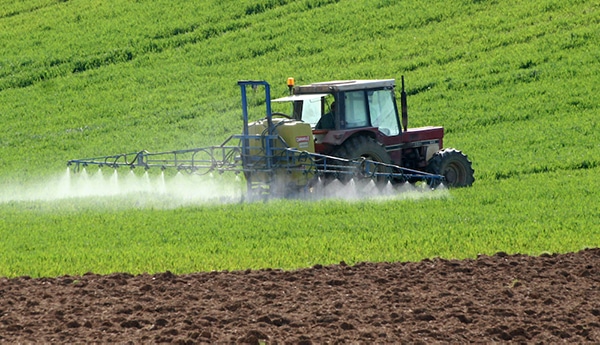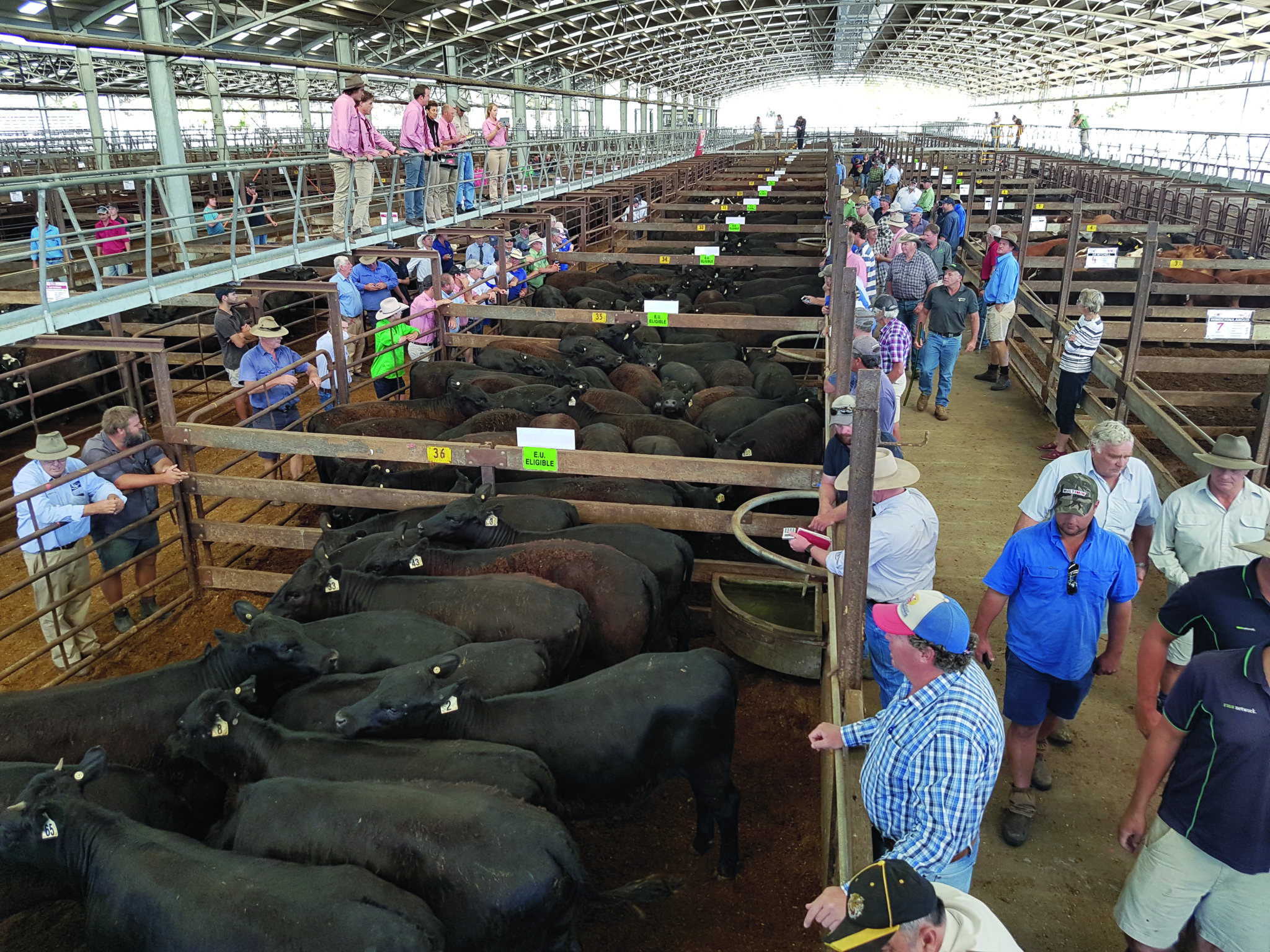The top three electrical safety risks on Queensland farms are contact with overhead powerlines, unsafe electrical equipment and not having safety switches installed.
Switchboards
An electrical switchboard, also known as a meter box or power box, is where the main electricity supply comes into your home or workshop. It splits electricity across different circuits, providing power to your lights, power points, oven and cooktop, refrigerator and hard-wired electrical equipment like your hot water system and air-conditioner.
Switchboards can be installed inside or outside of your home or workshop.
Inside your switchboard
- Meter – measures your energy use.
- Mains switch – turns the power on or off.
- Circuit breaker/fuse – protects electrical wiring overloading, reducing the risk of fire or damage. They do not protect you from electric shock.
- Safety switch – monitors the flow of electricity and turns off the power instantly when it detects an unsafe situation. They look similar to a circuit breaker but have a ‘Test’ or ‘T’ button.
Safety switches
Safety switches protect you from electric shock.
They work by continuously monitoring the flow of electricity and turn off the power instantly when an unsafe situation is detected.
You should have safety switches installed on every circuit to make your property as safe as possible.
Test your safety switches using the test button every three months.
Call a licensed electrician if:
- your switchboard still has rewireable fuses.
- you are unsure whether you have a safety switch installed on every circuit.
- any safety switch does not turn off instantly when the ‘Test’ or ‘T’ button is pushed.
- any safety switch appears to be faulty.
Shocks and tingles
Getting a shock or tingle from electrical equipment, taps or other metal fittings? Don’t ignore it—it’s a sign something’s not right that could seriously hurt you.
- If you get a shock from using or touching metal electrical appliances like a clothes dryer or toaster, or hard-wired equipment like a stove or air conditioning unit, stop using it immediately. Get it checked out by a licensed electrician.
- If you get a shock from a tap, pipe or other metal fitting, stop using it and call Ergon Energy, Energex, Essential Energy or Rio Tinto immediately and ask them to check your property. This is a free service.
Do not turn your power off as this could give you an electric shock.
Electrical appliances
- Only use them for what they’re meant for.
- Follow the safety instructions in the manual.
- Water and electricity don’t mix—don’t use them in or around water, like in the rain or the bath and don’t touch them with wet hands.
- Follow the manufacturer’s maintenance and servicing guidelines.
- Unplug them or turn off the power before cleaning or maintenance.
- If they’re broken, stop using them and throw them away or get them repaired.

If you’re a tenant, it’s the property owner’s responsibility to maintain hard-wired equipment and keep it safe (e.g. air-conditioners, solar PV systems and electric hot water systems).
Check it out before you plug it in
Check your electrical appliances before you plug them in—don’t use them if they are damaged.
Portable electrical equipment including extension leads and seasonal electrical equipment (like room heaters, electric blankets and Christmas lights) are especially prone to damage and causing fires.
Over time, all electrical equipment can become unsafe. Signs to look out for are:
- broken casings and cracked plastic covers
- changes in colour from overheating or moisture
- water damage
- frayed cords or damaged plugs
- damaged extension leads
- full or dirty lint filters.
Overhead powerlines, service lines and underground cables
Look up and Live.

Before you begin work outside your home, check for overhead powerlines and service lines (connected to your house), especially if you’re using machinery, long objects or ladders.
Keep away from overhead powerlines. If it’s damaged or falls to the ground, don’t touch it and contact Ergon Energy, Energex, Essential Energy or Rio Tinto.
Make sure there are no crops or trees planted under powerlines or around poles and their supporting stay wires. Don’t store or move irrigation pipes under overhead powerlines.
Don’t operate or park vehicles or equipment under overhead powerlines.
Contact your electricity distributor for advice on:
- electrical safety
- clearly marking power poles and their supporting stay wires on your property to avoid accidental damage
- ensuring private power poles on your property are maintained in good condition.

If you’re excavating or digging, make sure there aren’t any underground electrical cables before you start. Find out where they are located by calling the free Dial Before You Dig service and checking for underground cable danger signs or markers in the area.
For more information visit electricalsafety.qld.gov.au
Article kindly provided by Electrical Safety Office Queensland






